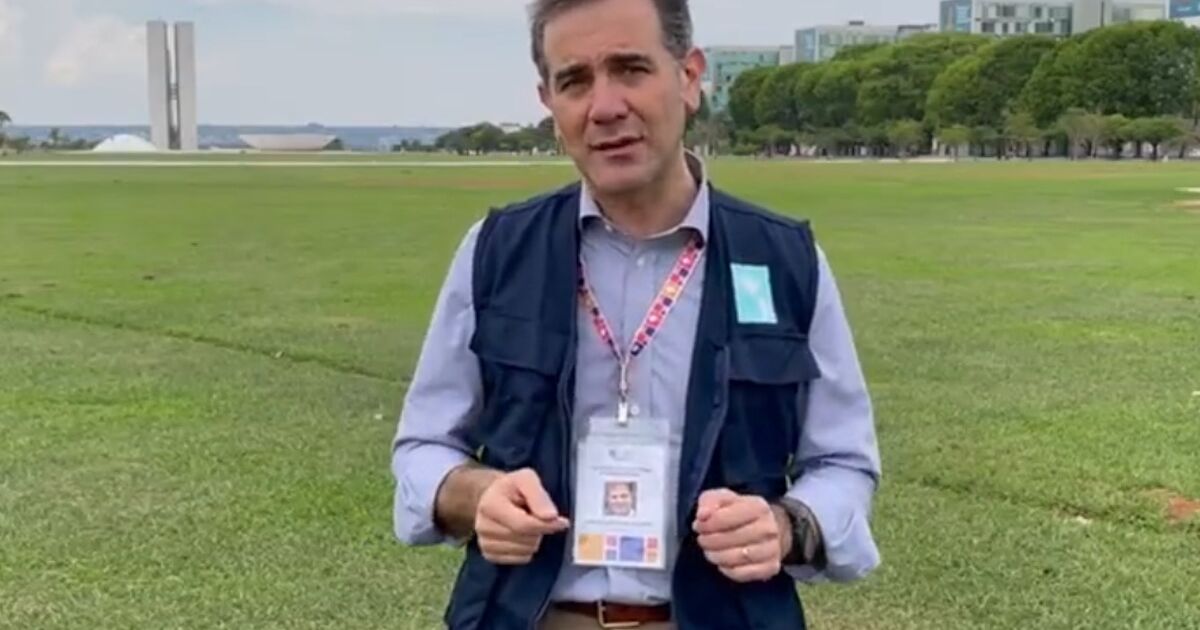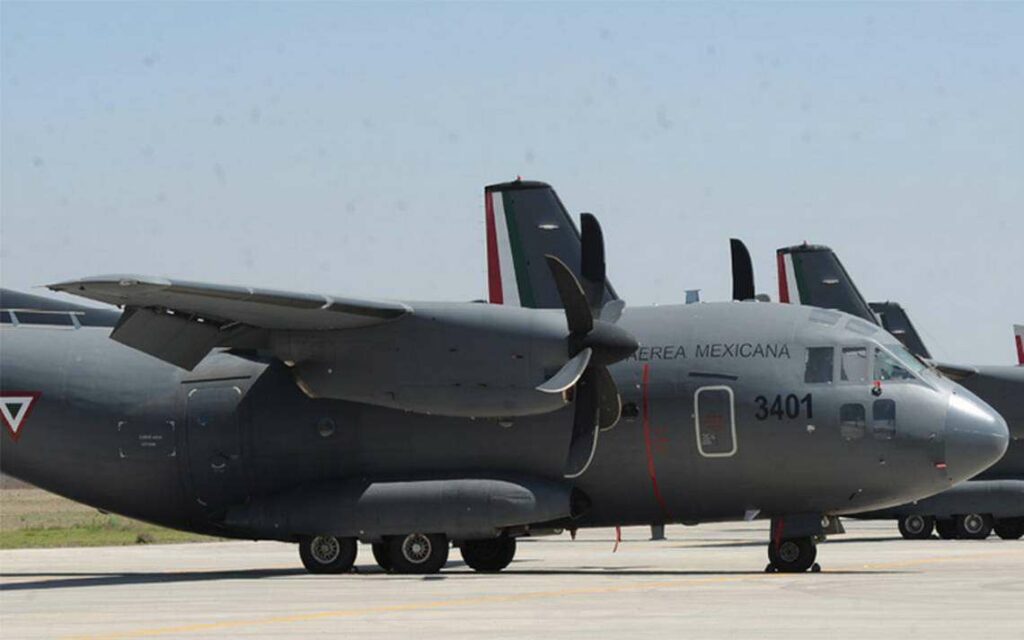In the process, the integration of the Chamber of Deputies, a third of the Senate, 27 governorships and all the local congresses was also chosen, an exercise in which 156 million Brazilians could participate.
The delegation was made up of 38 electoral officials from 15 countries. The invitation to Mexico was made by the Superior Electoral Tribunal of Brazil and it is a recognition – Córdova maintained – of the Mexican electoral system.
Those of us who make up the observation mission of the @UNIORE We wish the people of Brazil a successful election day and that their democracy be recreated through the vote, which is the only legitimate way to access power and popular representation. pic.twitter.com/a45hUBJ2AI
– Lorenzo Córdova V. (@lorenzocordovav)
October 2, 2022
“It is an instrument that facilitates and speeds up the citizen vote, and that is thanks to the investment that Brazil has made in this system for two decades,” he explained.
In another video, he shared an “integrity test” that was carried out in a Brazilian electronic ballot box.
“It is verified, with a simulated vote, that the ballot box computes the votes without alterations,” he explained.
He recalled that UNIORE is an alliance in defense of democracy and electoral integrity throughout the world and that “it is up to democrats to promote, care for and defend democracy at a time when it faces challenges, questions, challenges and even attacks at the global”.
Second round in Brazil
Brazil’s presidential elections will be decided in a second round on October 30.
With 95% of the electronic voting machines counted, Luiz Inácio Lula da Silva was slightly ahead with 47.6% of the votes compared to 43.9% for Jair Bolsonaro, the national electoral authority reported on its website.
















